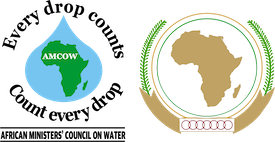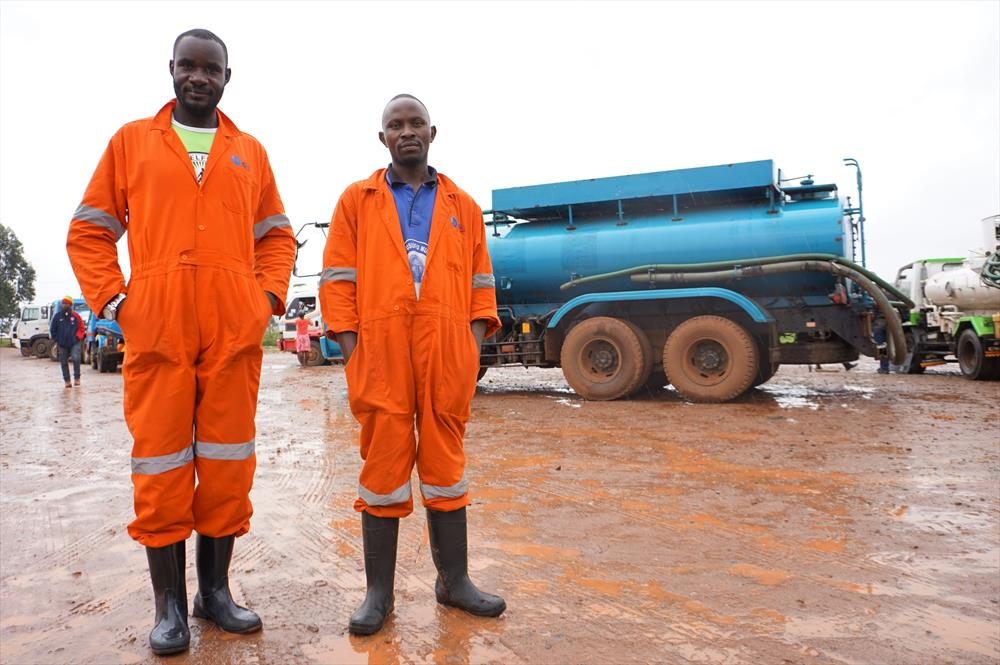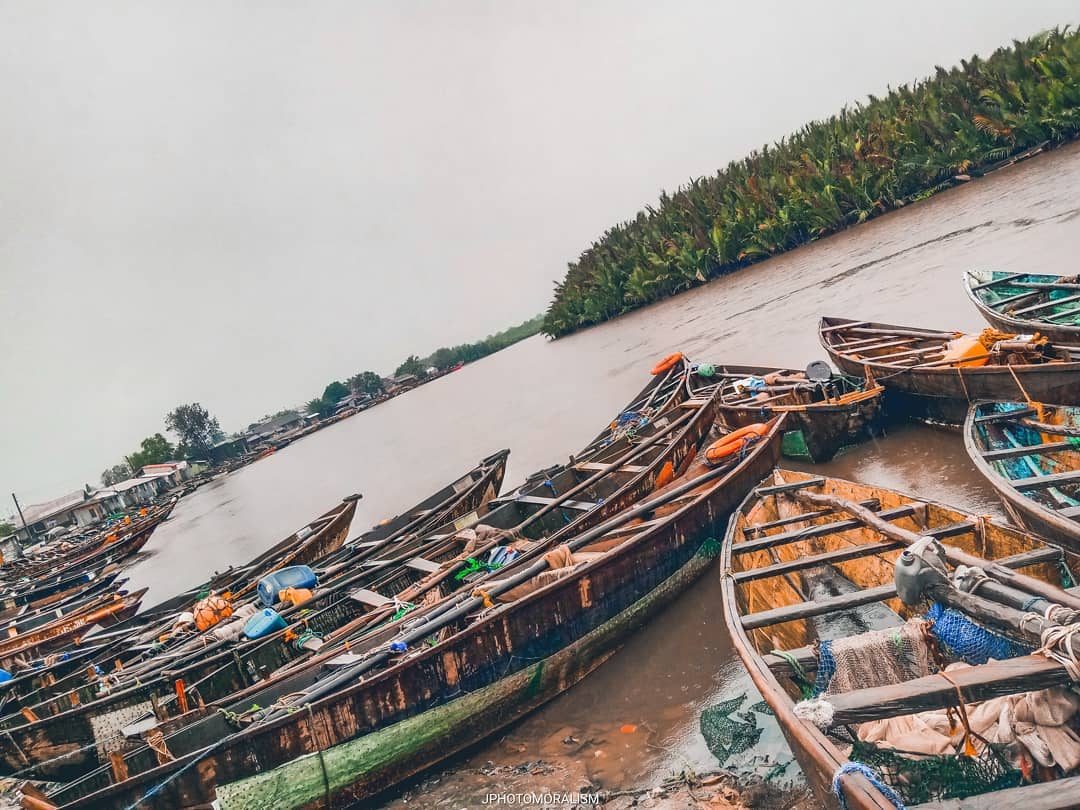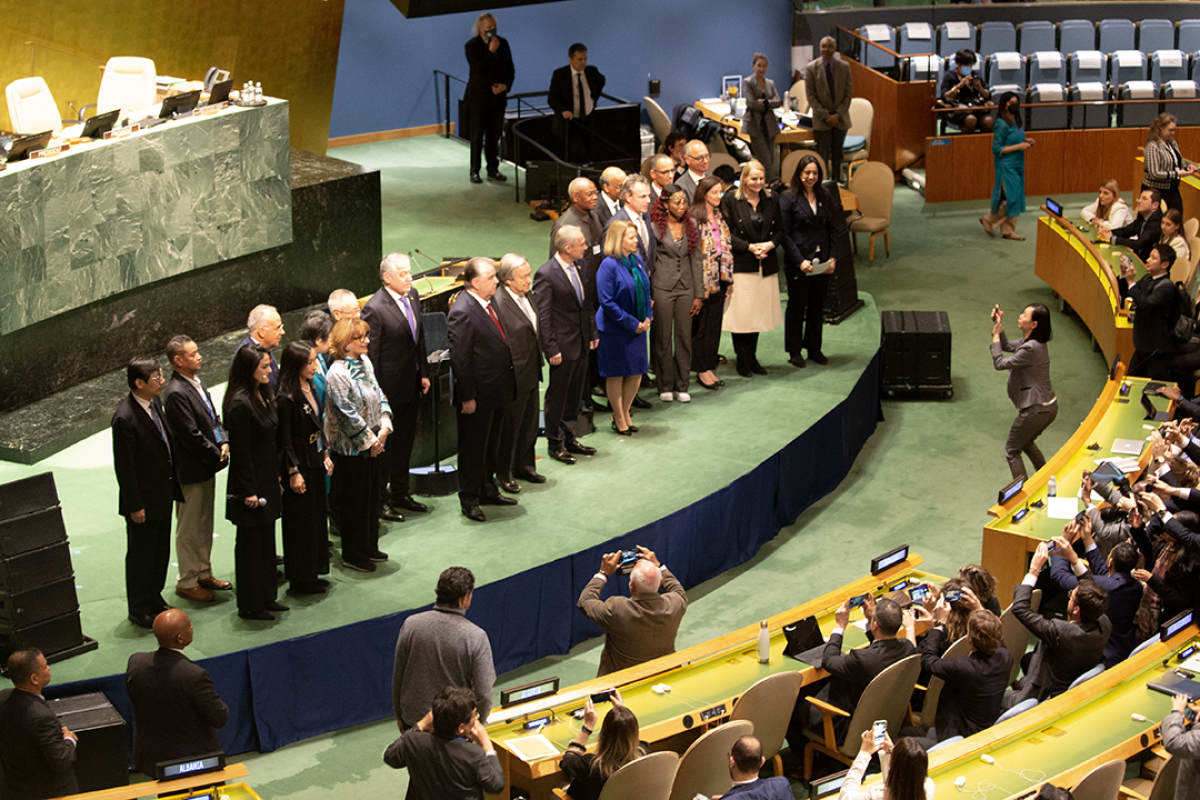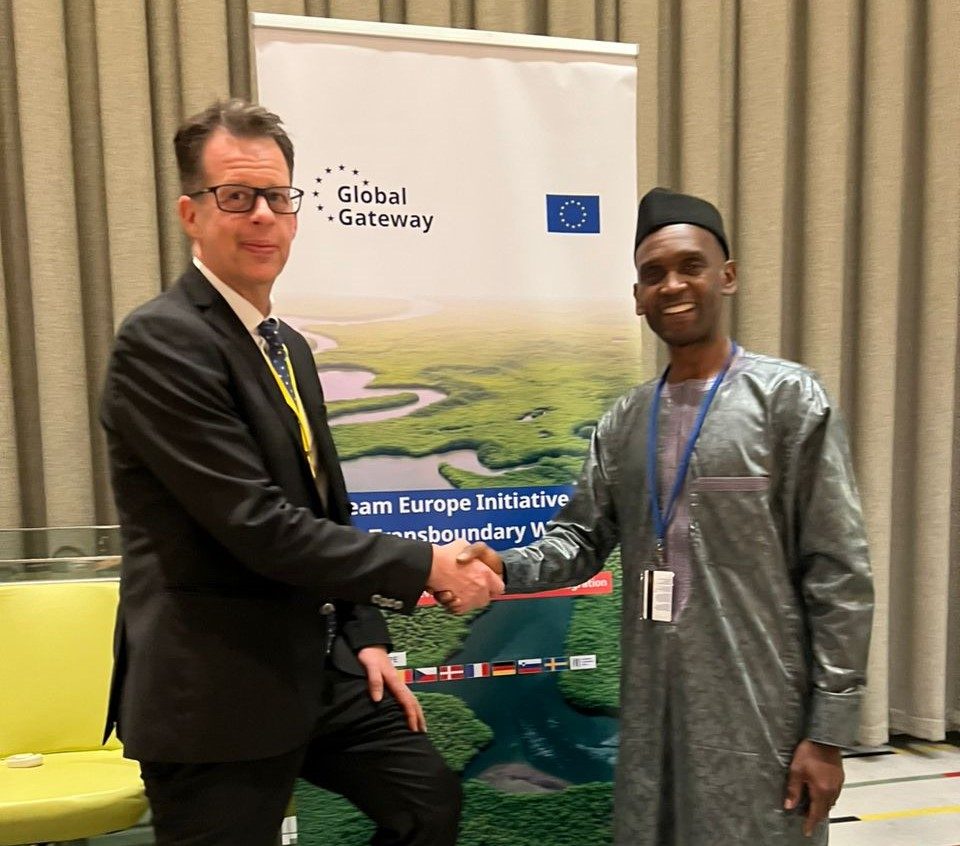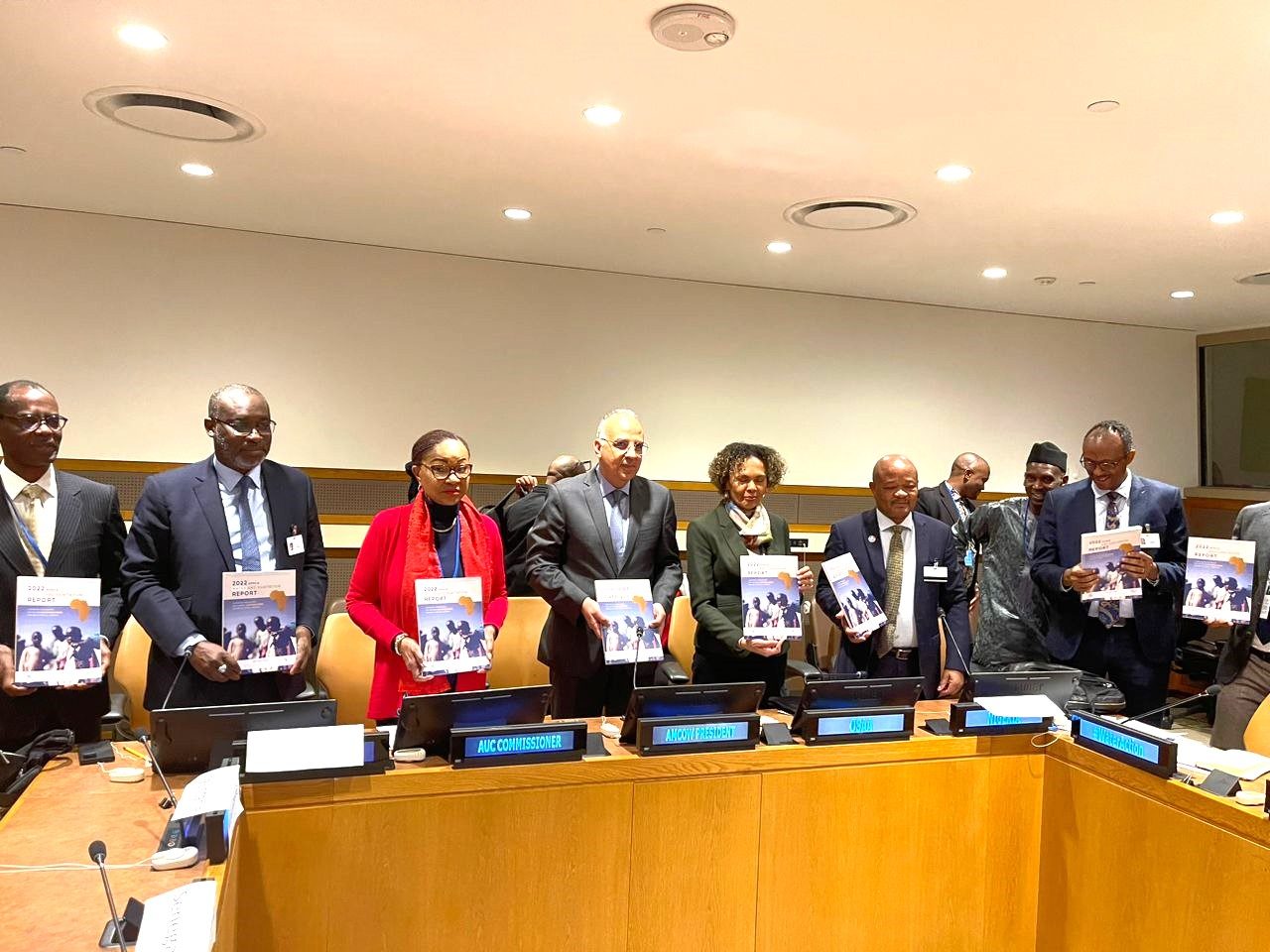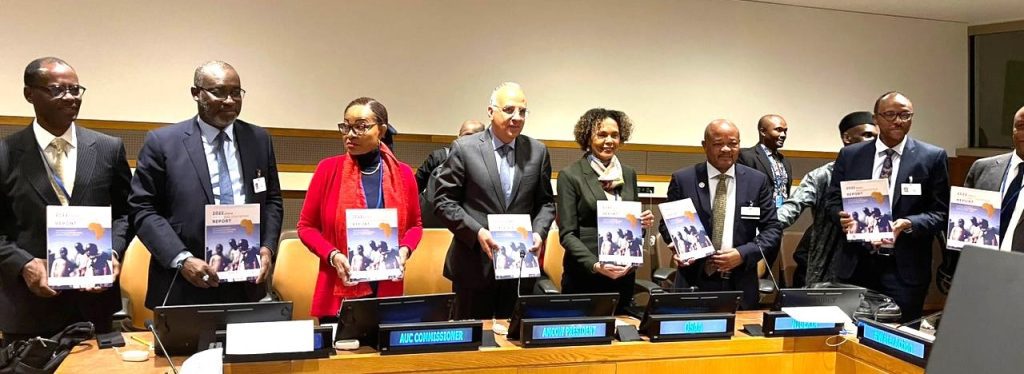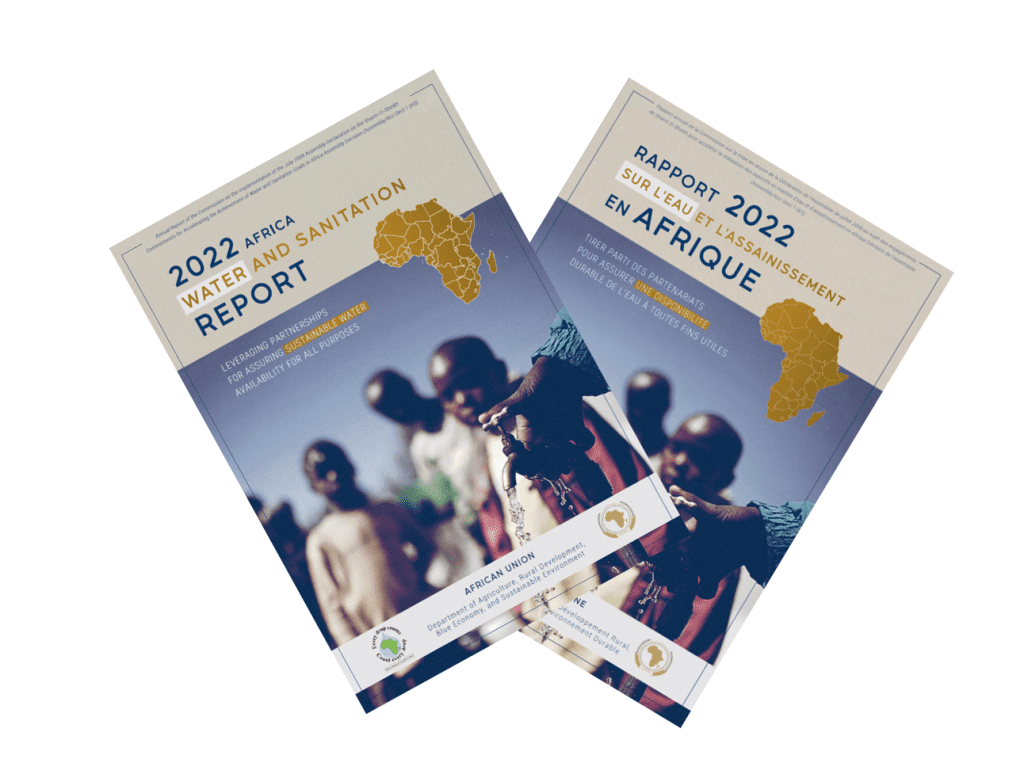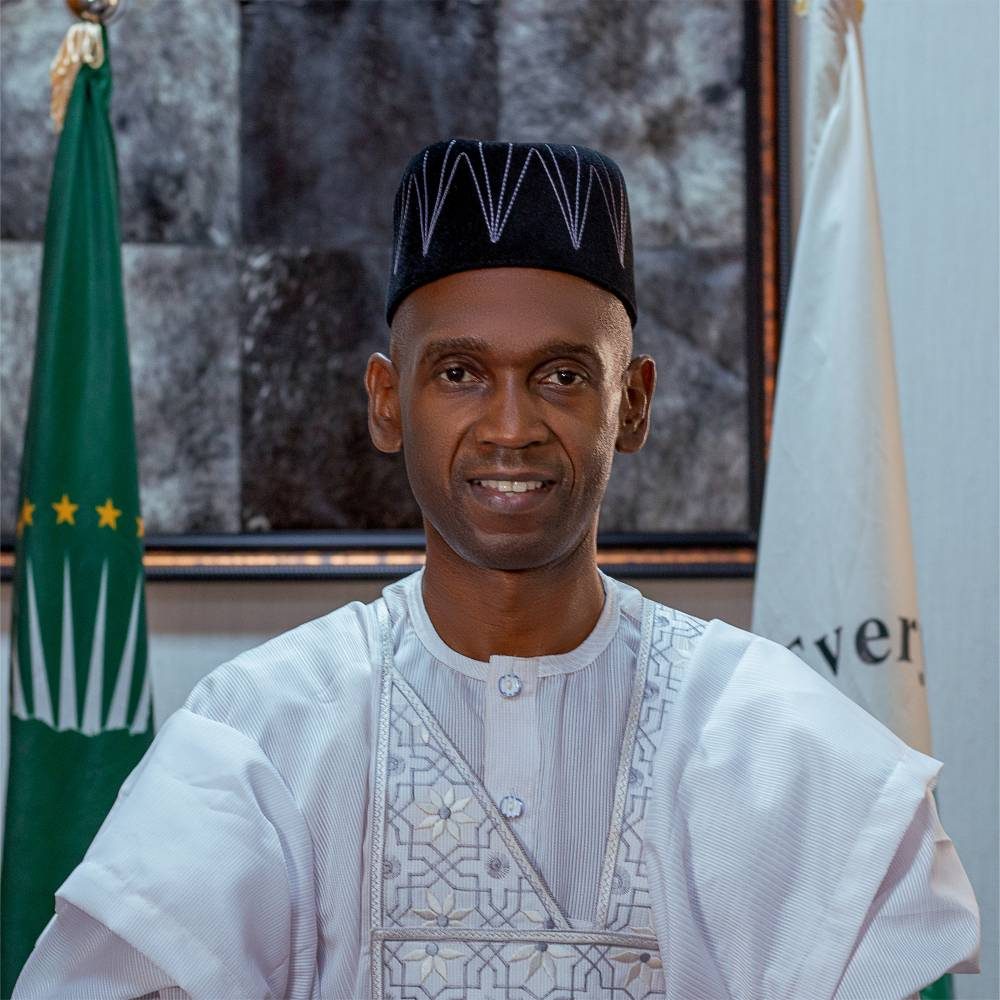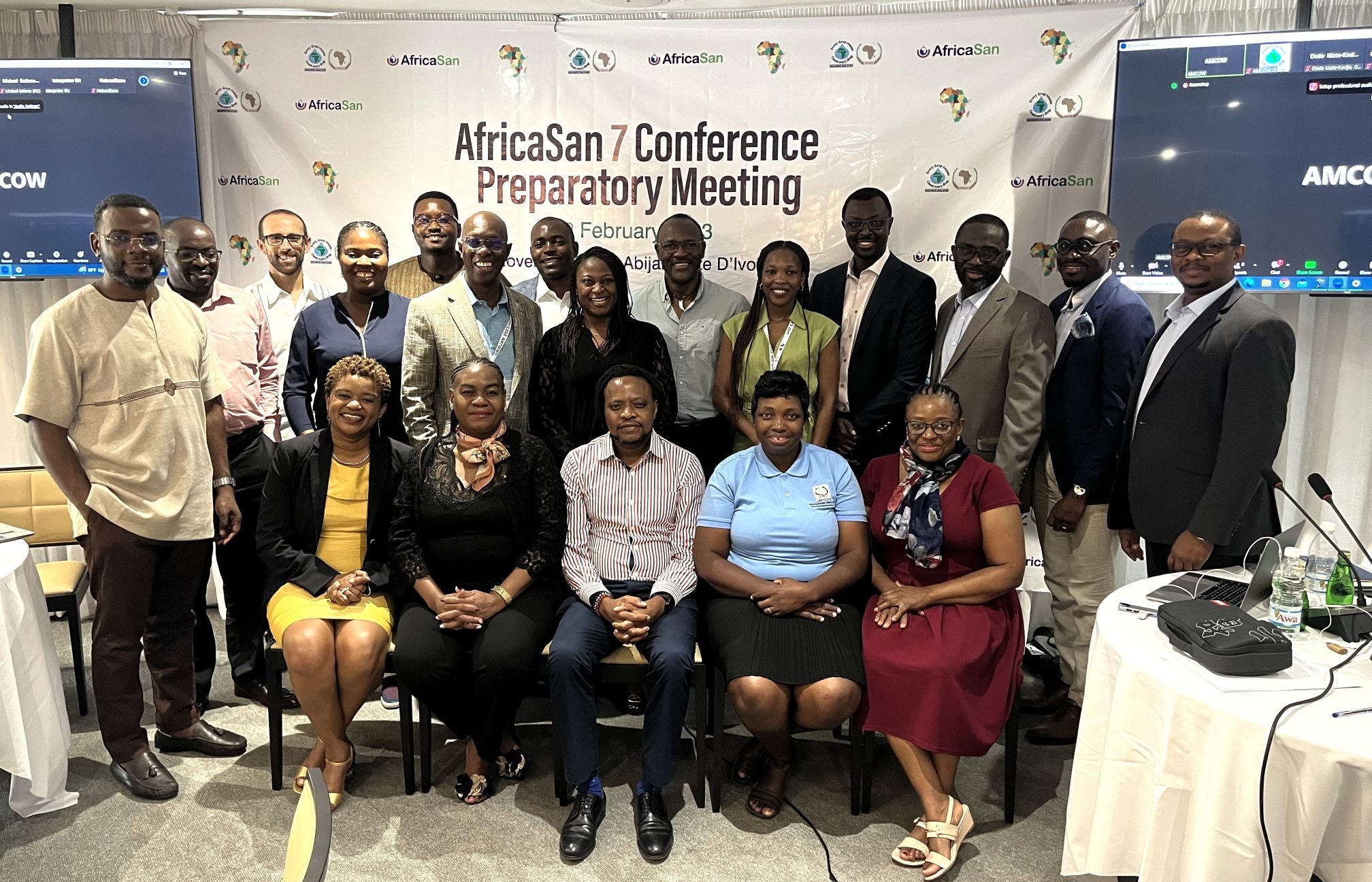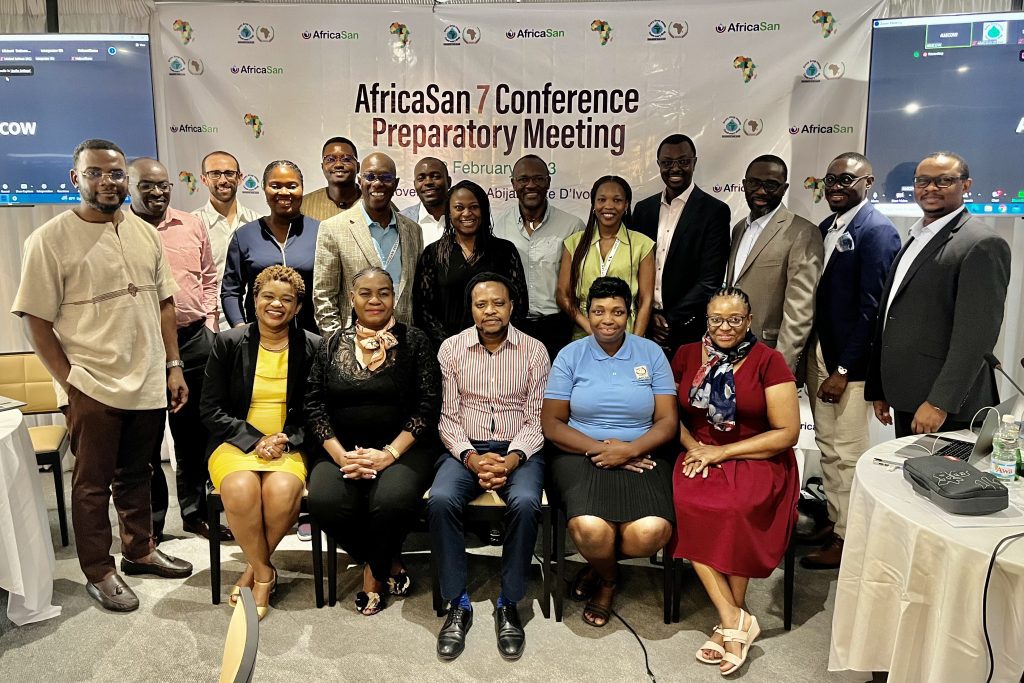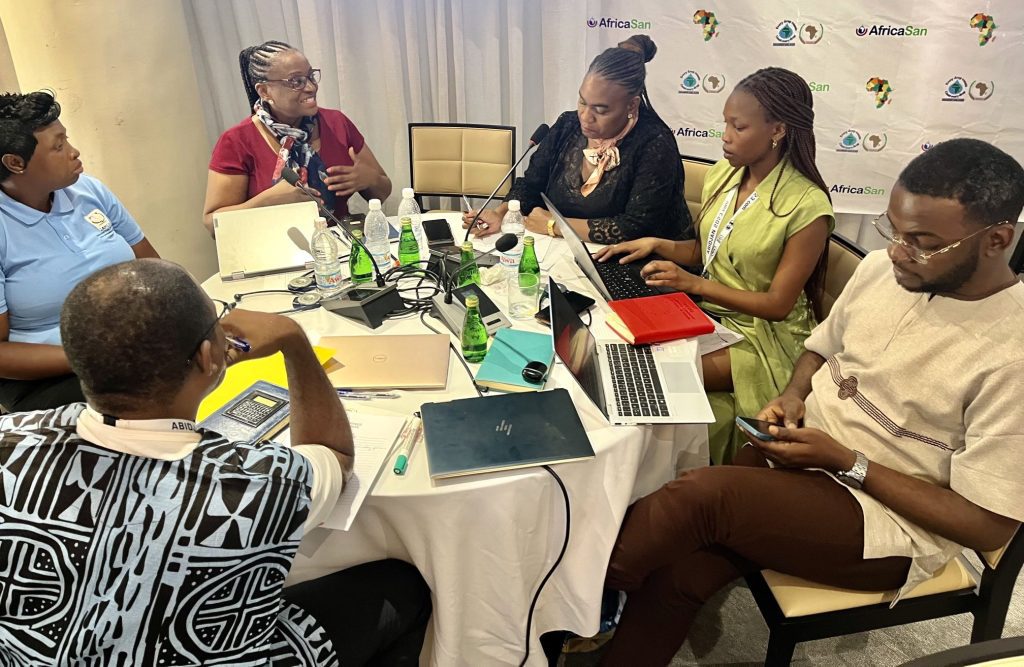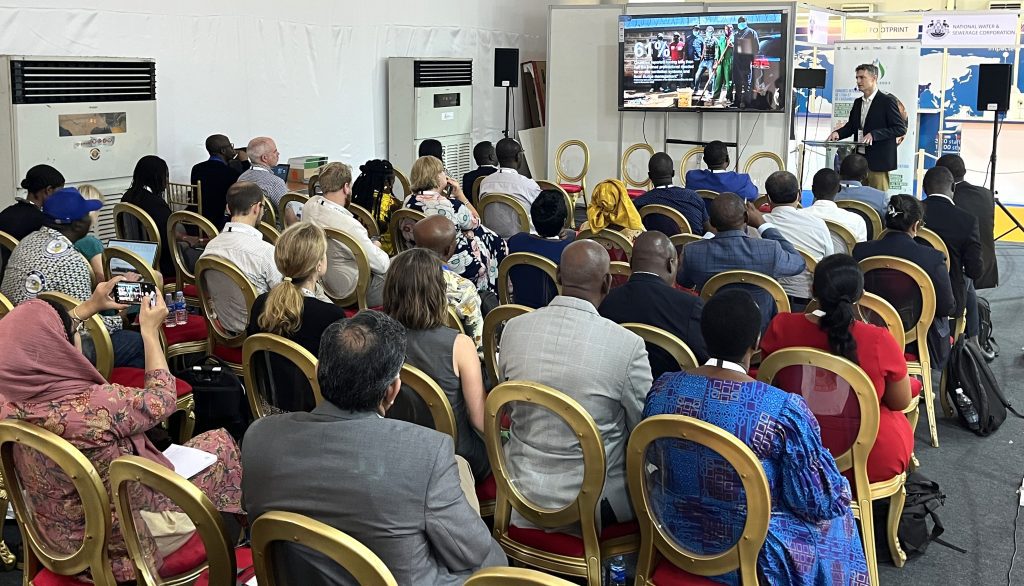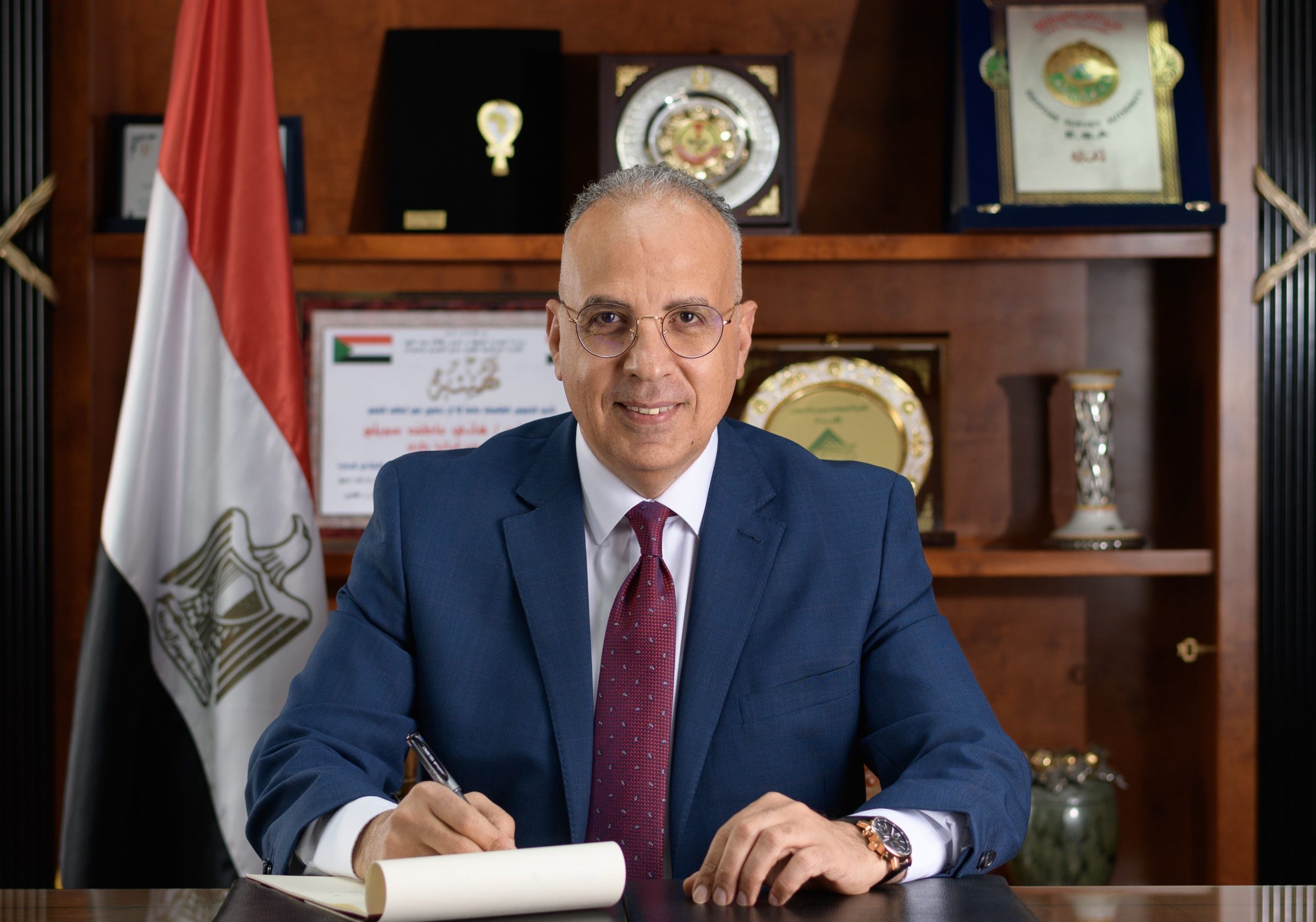Consultancy for the reconciliation of tools for situation assessment of sanitation and hygiene policy environment
Background
In accordance with the objectives of its Strategic Operational Plan to align Member States’ sanitation and hygiene policy environments with continental and global commitments, AMCOW developed the African Sanitation Policy Guidelines. The ASPGs were developed through a consultative and collaborative process with key sector players and African Union Member States. It provides the recommended core elements and processes for the review, revision, and development of policies, strategies, and plans toward achieving SDGs 6.2. To demonstrate the progress and impact of ASPG utilization over time, AMCOW is establishing a monitoring and reporting mechanism.
The mechanism will comprise the following key elements:
I. Development of an agreed indicator framework for monitoring changes in Member States’ enabling environments for sanitation and hygiene services provision in line with global and continental commitments
II. The institutionalisation of a data collection and information generation protocol, including defining modalities and or systems for:
- Situation assessments to both:
- capture, analyse and store the data gathered and the information generated;
- the periodic reporting cycle.
III. Strengthening capacity at the Member States and other relevant levels to operationalise the monitoring and reporting mechanism;
IV. data gathering and reporting format and
V. information sharing and dissemination approach
Situation assessments will be a key component of the overall framework for monitoring the outcomes of the utilisation of the ASPGs by Member States. They will be useful to:
- establish individual Member States’ baseline conditions prior to interventions to strengthen the policy environment utilising the ASPGs; and,
- collect information at regular periodic intervals for use in monitoring changes in the policy environment over time;
Currently, two tools exist for conducting assessments of the sanitation policy environment prior to ASPG utilisation. They are namely:
- the African Sanitation Policy Assessment Tool (ASPAT); and
- the Policy Monitoring and Assessment Tool (PMAT).
Against this background, AMCOW seeks to engage the services of a consultant to reconcile the ASPAT and PMAT tools.
Objectives of the Consultancy:
The overarching objective of the consultancy is to reconcile the African Sanitation Policy Assessment Tool (ASPAT) and Policy Monitoring and Assessment Tool (PMAT) into one comprehensive tool for conducting situation assessments of the sanitation and hygiene policy environment. In the context of this assessment, the policy environment includes policy documents, governance arrangements for sanitation and hygiene; regulatory frameworks; institutional arrangements; as well as sector funding mechanisms.
Specific objectives: The specific objectives of the consultancy are to:
i. harmonise terminologies,
ii. identify and address gaps for comprehensive situation assessments that are not covered by the two tools when considered together;
iii. remove redundancies and or repetitions in the information that can be collected using the tools; and,
iv. develop recommendations for a suitable name for the reconciled tool.
Overall, the intent is to improve accuracy and consistency at the stage of data collection and reporting resulting from using the tool.
Scope of Work:
The scope of work for this consultancy entails the following:
• Desk review: a desk review of policy documents will be conducted. Below is an inexhaustive list of documents for review:
- African Sanitation Policy Guidelines (ASPG)
- African Sanitation Policy Assessment Tool (ASPAT)
- Policy Monitoring and Assessment Tool (PMAT)
- AMCOW 2018 – 2030 Strategy
- AMCOW Strategic Operational Plan 2022 – 2024
• Tools Reconciliation: This involves the reconciliation of the ASPAT and PMAT assessment tools to form a single tool that covers the specific objectives in (2) above.
The table below summarizes the expected tasks and deliverables for this assignment
| Tasks/Milestone | Deliverables/Outputs |
| Virtual inception meeting on the scope of work, clarifications on the assignment | Development of a work plan for the consultancy |
| Desk review of relevant documents in 3 above | Desk review of relevant documents conducted |
| Reconciliation of the ASPAT and the PMAT and related documents into a single tool | A draft situation assessment tool presented |
| Virtual consultation with governments on the draft tool | Consultation meetings with governments and key stakeholders conducted |
| Virtual validation meeting among key stakeholders | Situation assessment tool validated |
| Finalization of the situation assessment tool | Reconciled tool finalised |
| Production of assignment report | Final report produced |
Terms of Payment
Payments will be associated with outputs upon satisfactory delivery of expected results.
Reporting and Task Management
AMCOW will manage this assignment with a direct reporting line to the Policy Officer for Water, Sanitation, and Hygiene (POWASH), who will be responsible for final approvals of deliverables.
Duration of Assignment
The successful applicant should be available to commence on 20 May 2023. Bearing in mind that progress on the reconciled tool will be presented at the AMCOW Executive Committee meeting on June 12 2023.
Education, Required Skills and Experience of the Consultant.
The following minimum qualifications and experience are required to successfully deliver on this assignment:
- Advanced University degree in social sciences, environment, public policy, and sanitation-related subjects.
- Minimum of 10 years experience in policy-related matters in water resources management, sanitation, and hygiene
- Familiarity with the ASPGs would greatly contribute to this assignment’s success.
- Knowledge of policy development and revision process in Africa and globally
- Knowledge of monitoring and evaluation, including experience in developing a situation assessment tool, would be required to attain success in this assignment.
- Excellent analytical, communication, and report-writing skills in English are desired.
- Submission of Proposals
Interested parties – both individuals and firms – that meet the criteria above are invited to submit proposals (maximum of 15 pages as a single attachment) providing the details below:
- An expression of interest and technical capability statement;
- Details of the proposed approach, methodology and activity scheduling;
- A summary of relevant experience – over the last 5 years – of developing situation assessment tools in both private sector and inter-governmental organisational contexts. Please use the table below for each of the relevant assignments. Contact information of the respective clients should be provided for each of the relevant assignments listed.
| Assignment name: | Approx. value of the contract: |
| Countries: | Duration of assignment: |
| Name of client and contact details: | Total no. of staff months of the assignment: |
| Address: | Approx. value of the services provided by your firm/you under the contract: |
| Start date: Completion date: | No. of professional staff-months provided by associated consultants: |
| Name of associated consultants, if any: | Name of the senior professional staff of your firm involved and functions performed: Eg. XXXX YYYYY, Team Leader, hydrologist, hydraulic conditions ZZZZ AAAA, Water Economist BBBB CCCCC, Financial Modeller |
| Narrative description of the project: (please provide summaries of the background, approach and methods used, and outputs/recommendations) | |
| Description of actual services provided by your staff/you within the assignment: |
- the applicant’s resume – for individual consultants – or resumes of the key staff of the bidding firm highlighting relevant expertise;
- a financial proposal containing time and cost estimate for delivery of the above-described deliverables, including a break-down to level of effort and expenses.
- links to samples of the bidder’s written work/deliverables from previous assignments.
9. How to apply
Interested candidates who meet the required qualifications and experience are invited to submit a formal proposal and resume no later than 10th May 2023.
The application should be addressed and emailed to:
The Executive Secretary
African Ministers’ Council on Water (AMCOW)
No. 11, T.Y. Danjuma Street, Asokoro District
Abuja, Nigeria.
Email: info@amcow-online.org The same e-mail address can be used to request additional information and or clarifications.
